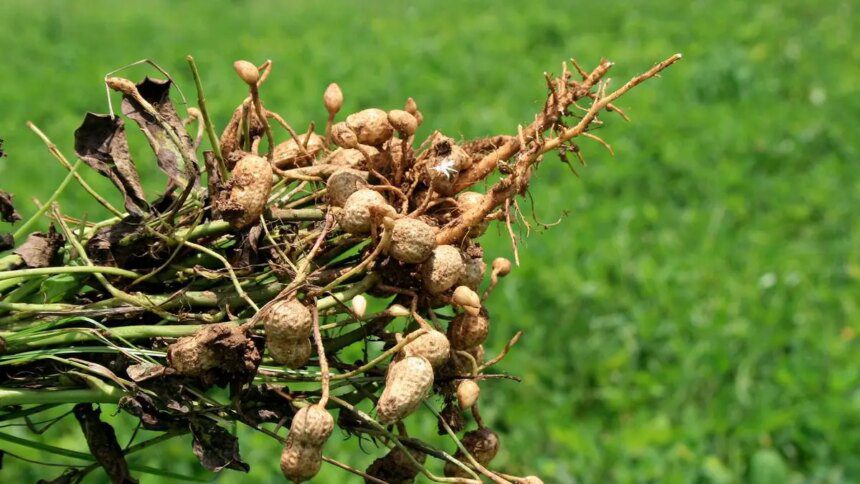Scientists at the International Crops Research Institute for the Semi-Arid Tropics (Icrisat) and their collaborators have made a significant advancement in the fight against stem rot disease, a major threat to groundnut farming. Their study has identified 13 genomic regions and 145 candidate genes associated with resistance to this disease, which is caused by the soil-borne fungus Sclerotium rolfsii.
Notably, three key genes—AhSR001, AhSR002, and AhSR003—have been validated as markers, collectively accounting for 60 percent of the resistance observed. The findings, published in the journal Plant Genome, highlight a promising pathway for breeding resistant groundnut varieties. “With these markers, we can fast-track resistant groundnut varieties that save farmers money and build resilience against disease and climate shocks,” stated Manish Pandey, Principal Scientist at Icrisat.
By minimizing reliance on expensive fungicides and reducing the risk of catastrophic yield losses, the introduction of resistant groundnut varieties has the potential to save farmers and economies millions of dollars annually. An Icrisat official commented, “Fungicides provide only partial control and are environmentally unsustainable. Genomics-led breeding offers a durable, cost-effective solution.”
This discovery paves the way for the development of disease-resistant groundnuts, which could significantly mitigate risks for farmers and enhance global food and nutrition security. Groundnuts, both an oilseed and a protein-rich legume, are cultivated on more than 30 million hectares worldwide, with an annual production of approximately 50 million tonnes.
The crop plays a crucial role in diets, livelihoods, and trade, particularly in Asia and Africa. Countries such as India, Nigeria, and China dominate global supply, collectively accounting for a significant portion of production.
“This advance shows the high returns agricultural research delivers to economies, turning discoveries into practical solutions,” remarked Icrisat Director General Himanshu Pathak.
The study was published on September 24, 2025.










